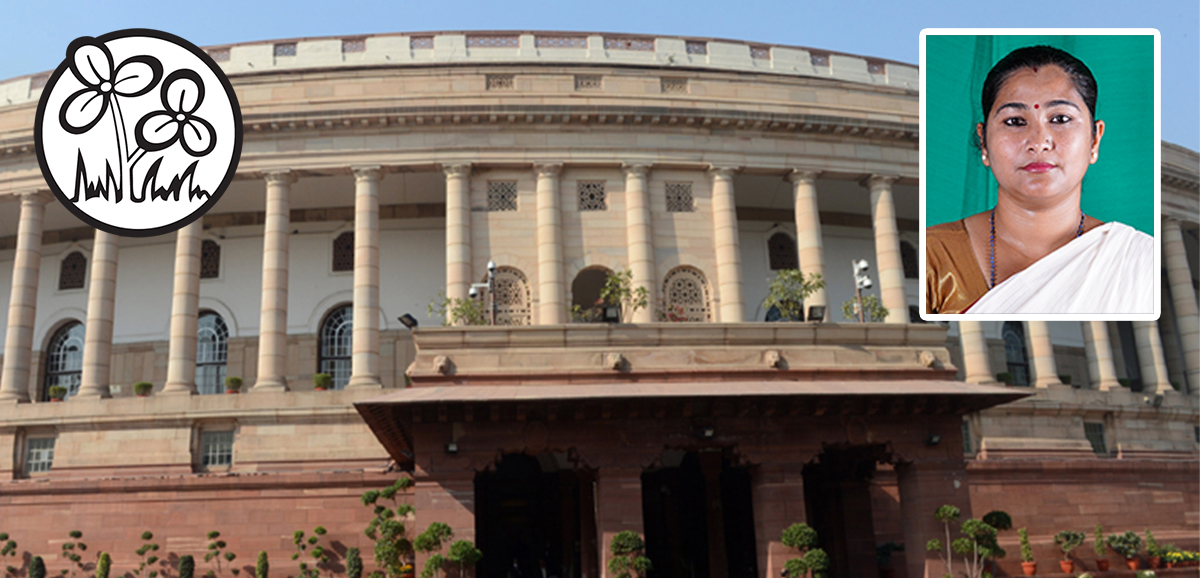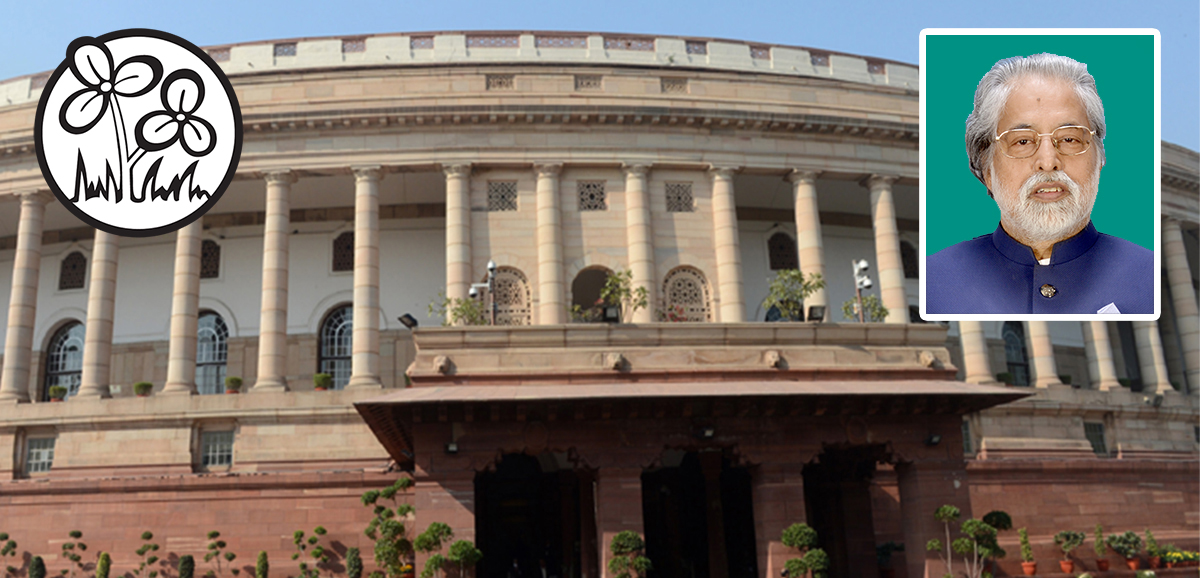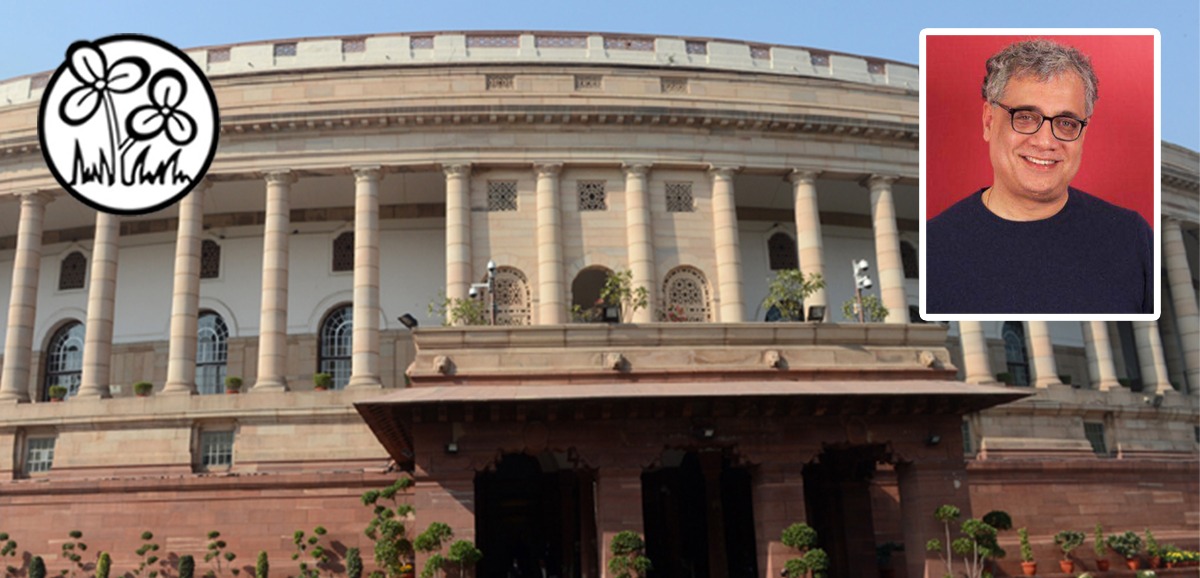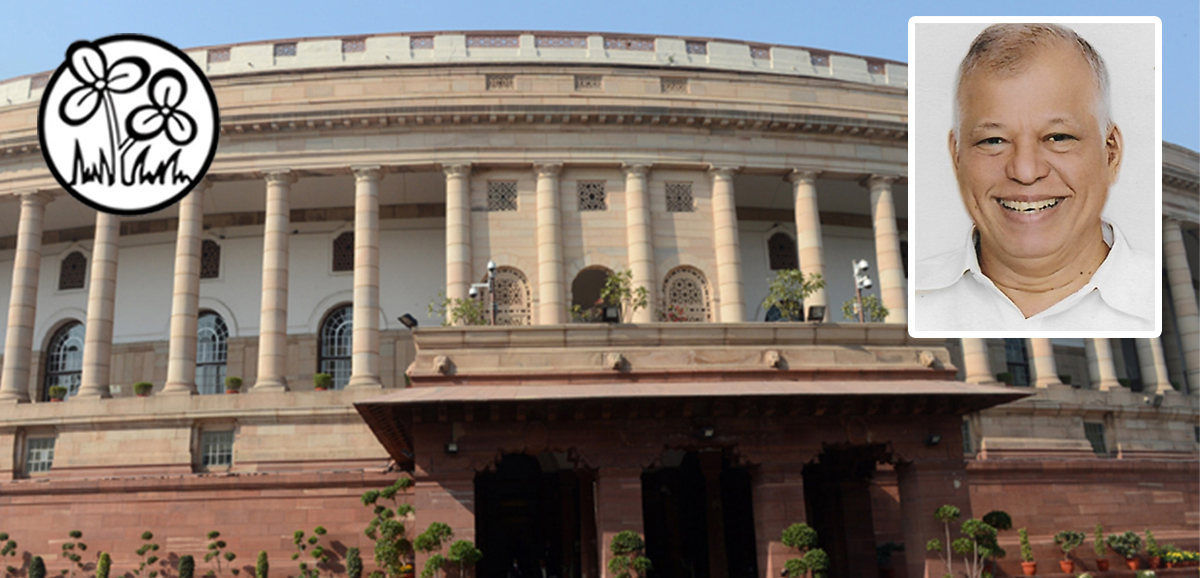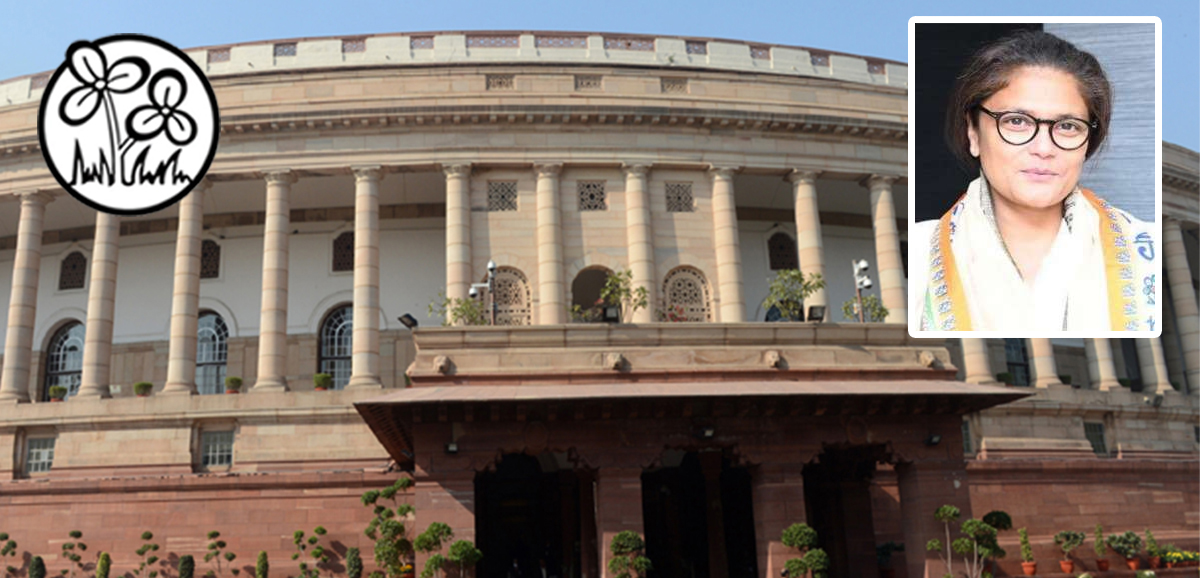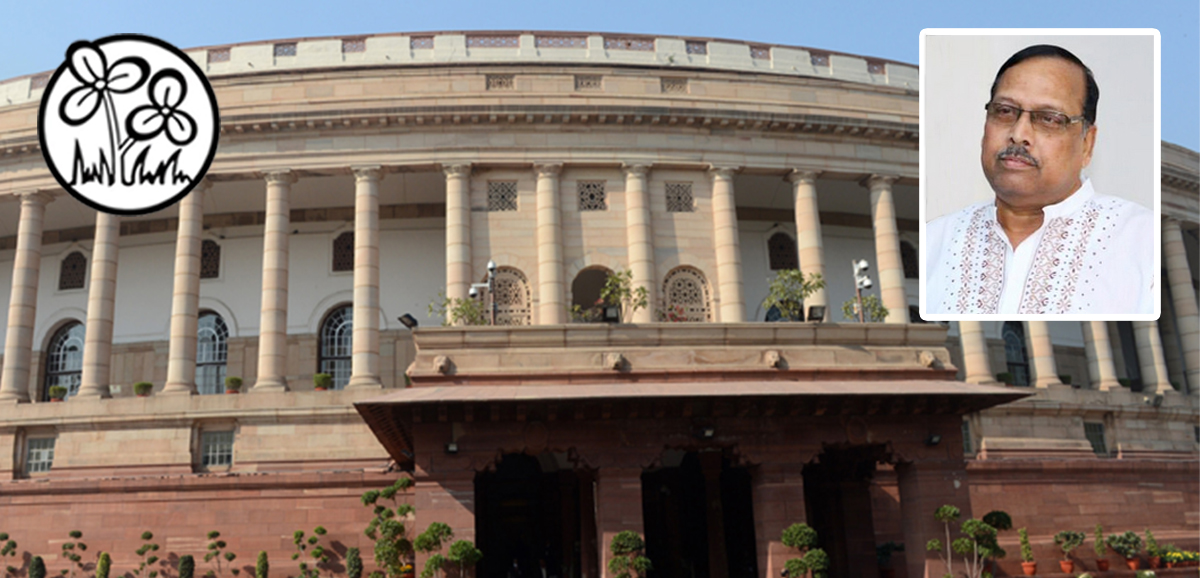Sir, my time should start from now. …(Interruptions).. Sir, my time should run from now only. …(Interruptions).. Let me submit before this august House about the historical background of enactment of the Identification of Prisoners Act, 1920. It was, in fact, in 1915 that the Government of Bengal drew attention to two revolutionaries convicted in the Raja Bazaar Bomb Case in Calcutta, who were most persistent in the refusal to be photographed, and as a result thereof, the Government of Bengal suggested amendment to the Police Act and the Prisoners Act. This was how the 1920 Act came into being. But it was done by the colonial rulers to suppress our liberation struggle for the Freedom of our Motherland. Sir, now after 75 years of Independence, after so many sacrifices made by our
forefathers, the present rulers have stepped further in the name of developing the criminal justice system to throttle the voice of all those who are opposed to the anti-people policies of this Government. This is my first charge against this Government so far as this Bill is concerned. Sir, there cannot be clause-by-clause discussion due to paucity of time, only three hours, I don’t know why; this draconian Bill shall be discussed within three hours. Anyway,
the Government even does not agree to refer the Bill to a Select Committee. The way personal and biological data intended to be collected by force and the Government desires to pass this Bill by use of brute majority * Sir, if this Bill is a foolproof of bringing the culprit to book, then why was this Bill not referred to the Standing Committee? This is my second charge against this Government so far as this Bill is concerned. …(Interruptions).. No, no, it is Standing Committee. …(Interruptions).. It was not done before the introduction of the Bill. …(Interruptions).. Forcible collection of physical and biological samples of arrested persons, under-trials and those held under preventive laws and convicts, and keeping the data for 75 years violate the principles of natural justice. This is my third charge against this Government. Sir, equality before the law and equal protection of law under Article 14 shall be a myth if this Bill is passed. There shall be denial of protection under Article 2(3), of the Constitution which says, and I
quote, “No person accused of any offence shall be compelled to be a witness against him.” But Clause 6(I) of the Bill prescribes inter alia for that if a person refuses to allow taking of such measurements, it shall be lawful for the police officer or the prison officer to take such measurements in such manner, as it may be prescribed. This is completely vague. This is against the provisions of Article 20(3), of the Constitution, and such vague and unlimited prescription has the competence to allow the Head Constable or the Head Warden to adopt even third degree method to compel a person by physical torture for taking the measurements. This is my fourth charge. Sir, my fifth charge is that the Bill also poses danger of DNA profiling of certain communities or groups. Everybody should remember that according
to the available data, 60 per cent of under-trials in Indian jails belong to the SC, ST, OBC and minority communities. With the effective and extensive use of DNA data in cases, these communities will increasingly suffer the burden of perceived criminality. Sir, arrested persons or undertrial prisoners will be vulnerable in the absence of personal data protection law, which has been pending since 2019, as rightly pointed out by Mr. Chidambaram. The draconian provisions of this Bill will be considered as part of other measures enacted and implemented by the Government for
control and surveillance of the people, even after the ruling of the Supreme Court that right to privacy constitutes fundamental right. Therefore *My next charge to this Government is that it should consider the opinion of the scientific community. Has this Government taken the opinion of the scientific community about the measurements? The scientific community has serious concerns about the foundational validity and the value of many measurements covered by the Bill and the inadequacy of the legal standards used to assess them. I will give you one example. There is no scientific basis for attributing uniqueness to hand-writing samples which is one of the measurements covered under the Bill. Lack of clarity in the collection and usage of the measurements heightens the possibility of
misuse, particularly of biological samples and their analysis. The Bill presents significant concerns of excessive delegation of legislative authority to the rule-making bodies as well as excess delegation of power to functionaries under the Bill, in violation of Article 14 of the Constitution. These functionaries include police officers at the rank of Head Constable Magistrates as well as prison officers. In addition, the Bill creates an unreasonable classification between classes of arrestees that may be compelled to give biological samples and those who may not. Several other
provisions fail to disclose any adequate determining principle at all, and pose grave concerns of manifest arbitrariness. Sir, the Bill also fails to meet the four-fold requirement of the doctrine of proportionality laid down in the court case, Puttaswamy Vs. Government of India. The absence of demonstrated rationale nexus between the
legitimate aims of the Bill and its coverage of persons who may be compelled to provide their measurements renders the Bill an unsuitable means of achieving those aims, regardless of the provisions of the Bill, which also constitute an unnecessary and disproportionate infringement of the right of privacy. This Bill has wide-ranging implications for the right to privacy, equality and for the integrity of the investigative process. Before I conclude, I would like to say what the assessment of the scientific community is. These will be in one or two bullet points. So far as Clause 2(1)(b) of the Bill is concerned, it says about different measurements. …(Interruptions)… There is no scientific basis to attribute uniqueness to an individual. Writing samples, identification by footprint impression is an imperfect science and this alone is insufficient to connect the accused to the crime. There are no standards for guiding the examination of the fingerprints. The same thing can produce different fingerprints under different circumstances. No consensus exists while comparing palm impressions and the analysis also is prone to errors with the high rate of false negativism. Authentification failure at the national level is 8.54 per cent. I conclude by saying that I oppose the Bill. Before that, I would urge upon the Government to send this Bill to a Select Committee. Thank you.
